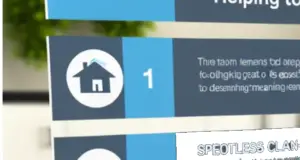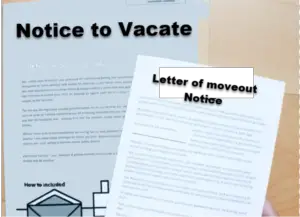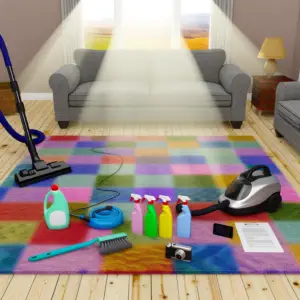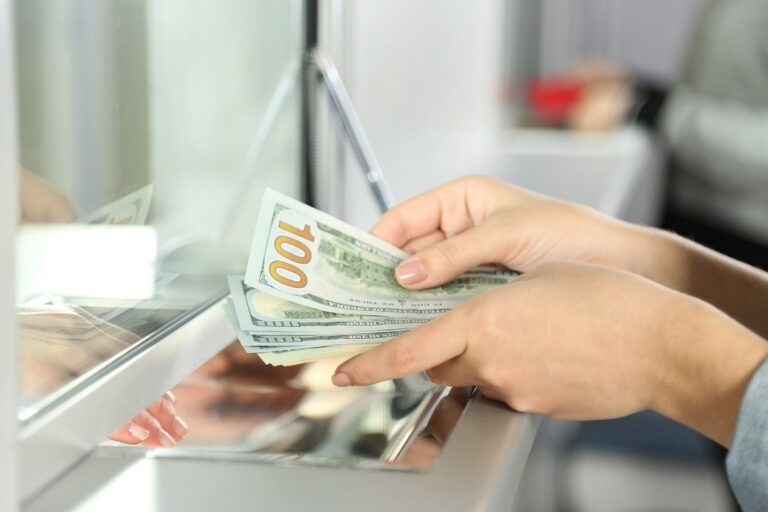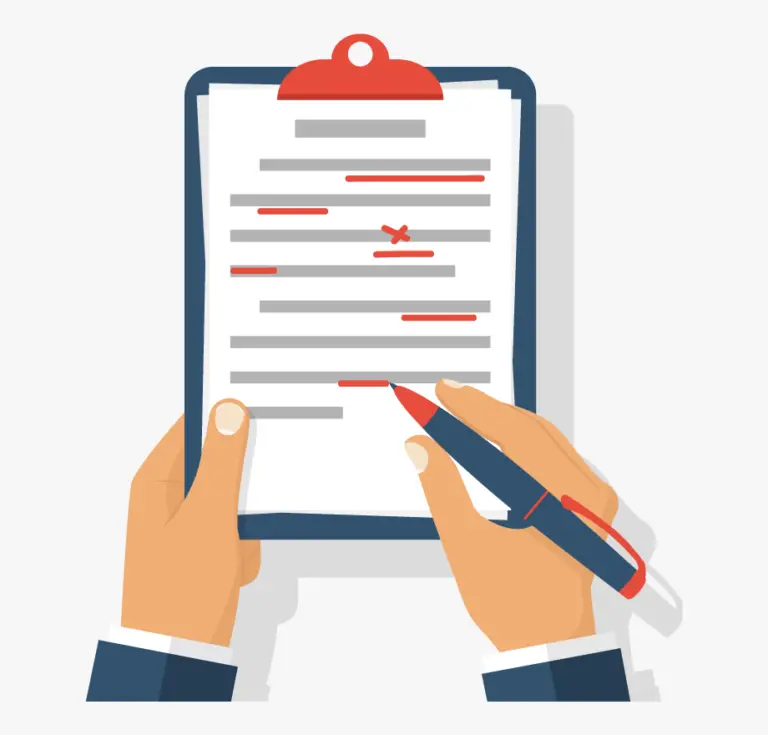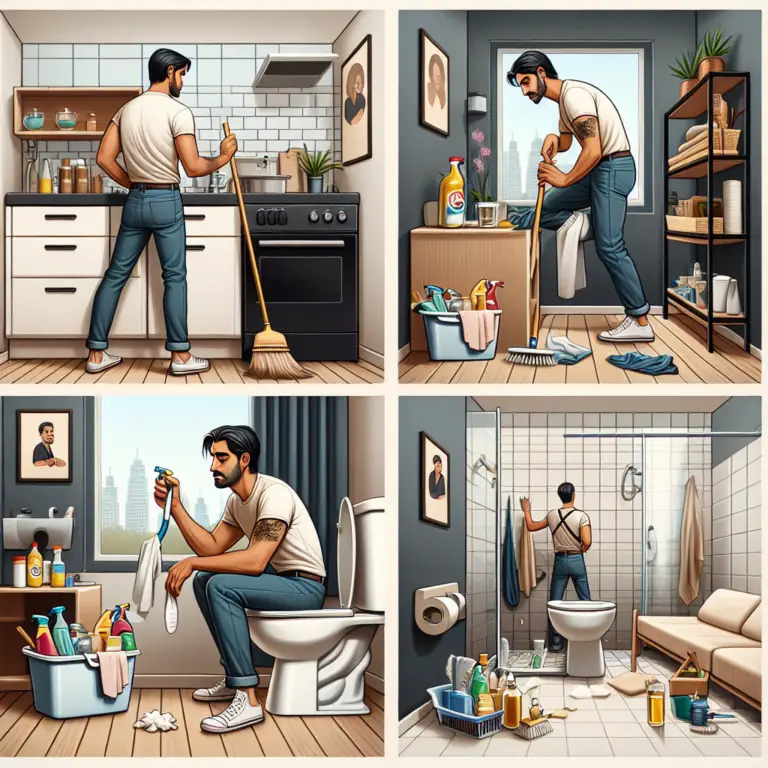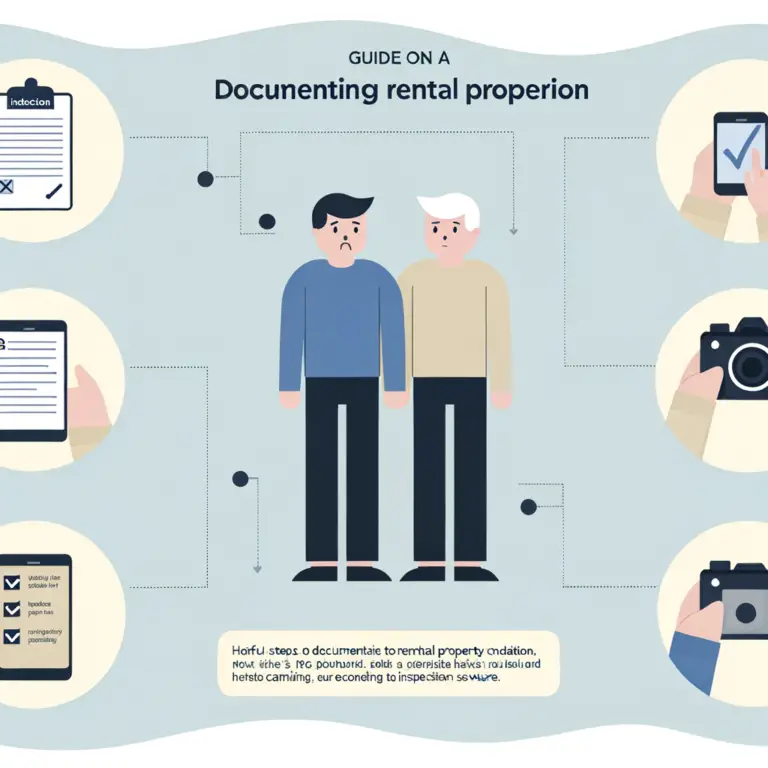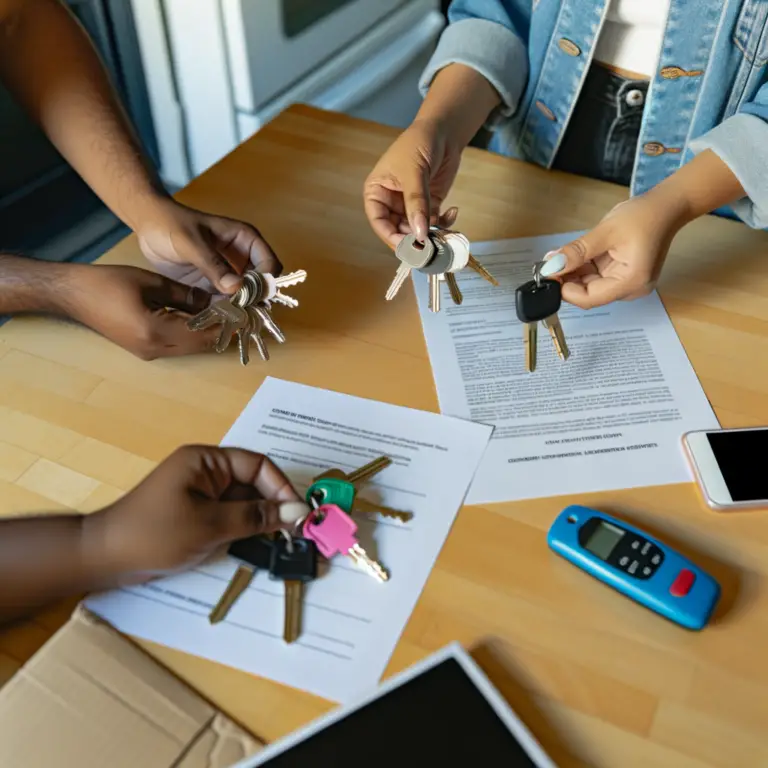Common Rental Deposit Deductions and How to Avoid Them
Getting your rental deposit back isn’t always as simple as handing over the keys.
Landlords often deduct funds for various reasons, sometimes leaving tenants with little to no refund.
Want to avoid losing hundreds of dollars? Knowing the common deductions and how to prevent them can help you secure your full deposit when moving out.
Understanding Rental Deposit Deductions
A rental deposit, also known as a security deposit, is money paid upfront to protect the landlord against potential losses from unpaid rent or damages. Legally, landlords can only deduct from the deposit for specific reasons outlined in the lease or local rental laws.
While landlords have the right to deduct for legitimate damages, tenants also have the right to dispute unfair charges. Being informed about these deductions ensures you’re not paying for repairs or fees that aren’t your responsibility.
Common Rental Deposit Deductions and How to Prevent Them
1. Unpaid Rent or Utility Bills
One of the most common deductions happens when tenants leave without paying the final rent or outstanding utility bills. Since the lease agreement requires payments to be cleared, landlords use the deposit to cover any unpaid rent.
To avoid this, check with your landlord or rental office to confirm your rent and utility balances. Always request a written statement showing all payments are up to date before moving out.
2. Property Damage Beyond Normal Wear and Tear
Not all damage justifies a deposit deduction. Normal wear and tear, like minor scuffs on walls or faded paint, is expected. However, holes in the walls, broken fixtures, or deep stains in carpets go beyond normal use and can result in substantial deductions.
Preventative maintenance helps. Use furniture pads to avoid floor scratches, avoid drilling large holes, and address minor issues immediately before they become costly. If a problem arises, report it to your landlord early on rather than waiting until move-out.
3. Cleaning Fees for Excessive Dirt and Grime
Landlords expect tenants to leave the unit in a clean and livable condition. If the unit is excessively dirty or has trash left behind, cleaning fees can be taken out of the deposit.
Do a deep clean before moving out. Scrub the floors, wipe down surfaces, and remove any marks on the walls. Following a move-out cleaning checklist ensures you don’t get charged for unnecessary cleaning services.
4. Missing or Broken Appliances and Fixtures
Light fixtures, cabinet handles, and blinds are common items that tenants accidentally break or remove. If an appliance or fixture that was in place when you moved in is missing or damaged, landlords will deduct the cost of replacement.
To prevent issues, handle all fixtures carefully and avoid removing anything permanently. Conduct a check right before moving out to ensure everything is intact and functional.
5. Unapproved Alterations to the Property
Painting walls, removing light fixtures, or changing locks without permission can cost you. Even minor alterations that seem to improve the rental can lead to deductions if they were not pre-approved.
Before making any physical changes, get written landlord approval. If modifications are made, restore the unit to its original condition before leaving.
6. Abandoned Personal Items and Disposal Fees
Leaving behind furniture, trash, or unwanted belongings can result in disposal fees. If landlords need to hire a third party to clear out the rental, these costs come directly from your deposit.
Dispose of bulky items responsibly by donating or arranging proper trash removal. Do a final walkthrough to ensure nothing is left behind before you hand over the keys.
 How to Protect Your Rental Deposit
How to Protect Your Rental Deposit
1. Conduct a Thorough Move-In Inspection
Documenting the rental’s condition as soon as you move in protects you later. A move-in checklist with photos can prevent you from being charged for damages that existed before your tenancy.
Take time-stamped photos of walls, floors, appliances, and fixtures. Ensure your landlord acknowledges any pre-existing damage in writing to avoid disputes upon move-out.
2. Communicate with Your Landlord Regularly
Keeping open communication with your landlord helps minimize unexpected deductions. If maintenance issues arise, report them early rather than letting them worsen.
Document all maintenance requests and responses in writing. Having proof of any tenant-landlord agreements can protect you if disputes arise.
3. Schedule a Pre-Move-Out Walkthrough
A pre-move-out inspection lets you address issues before officially vacating. Some landlords offer this option to give tenants a chance to fix problems before deductions are made.
Schedule this walkthrough at least a week before moving out. If the landlord points out concerns, fix what you can to avoid unnecessary charges.
4. Keep All Lease Agreements and Receipts
Your lease outlines what is considered a valid deduction. Keeping copies of rental agreements, payment receipts, and maintenance records helps in case disputes arise.
If a landlord deducts money unfairly, you’ll have documented proof to argue your case. Store digital copies of all important documents to access them easily when needed.
5. Request an Itemized Breakdown of Deductions
Landlords are legally required to provide an itemized list of deductions if they withhold any part of the deposit. If the deductions don’t seem valid, you have the right to dispute them.
If a landlord refuses to provide details, check local laws and escalate the issue if necessary. According to the legal experts at Nolo, “most states require landlords to return the deposit with a written explanation of deductions within 14 to 30 days.”
 Conclusion
Conclusion
Getting your full rental deposit back requires preparation and awareness. By paying rent on time, maintaining the property, and properly cleaning before you leave, you can avoid most deductions. Clear communication with your landlord and keeping detailed records further protect you from unfair charges.
Before returning the keys, double-check everything and leave the rental in the best condition possible. Follow these steps, and you’ll be in the best position to get your full deposit back without unnecessary stress.
“`




